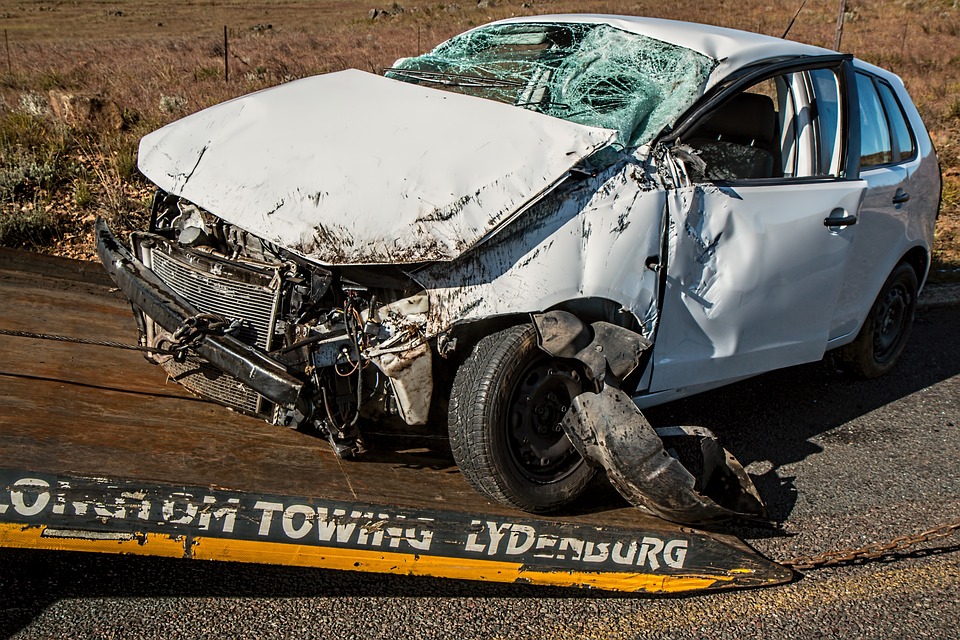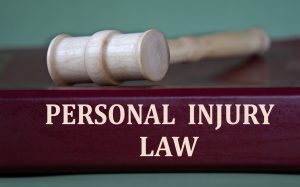It's natural to wonder what will happen next. It's essential to understand your rights in an accident and how to navigate the aftermath to protect yourself as much as possible. This post will look at what happens when you're deemed 'at fault' in a car accident and provide tips on how best to handle the situation.
1 - Insurance Claims
If the accident involves another driver, you will most likely be held accountable for their losses and damages. Your insurance company is legally obligated to pay out the claim if you are found to be at fault. Your premiums may go up, but ultimately it's better than paying for all out-of-pocket expenses. Your insurance company will contact the other driver's insurance company to arrange a settlement. This process can take several weeks or even months, depending on the extent of the damage and fault determination.
2 - Legal Repercussions
Depending on the severity of the at-fault accident, there may be legal repercussions. The police will decide whether or not to charge you with any violations; if necessary, the case may go to court. If you are found guilty, you could face various punishments ranging from hefty fines to jail time.
If you were driving under the influence, you could be charged with a DUI. The penalties can vary depending on your state, from license suspension to community service and even jail time. An experienced DUI lawyer can help you to navigate the process and understand your rights. The most important thing to remember is that no matter what, you should never try to evade charges or manipulate the truth, as this could end up making your situation worse.
3 - Financial Penalties
Sometimes, you may be required to pay for any damage caused by the accident. This can include medical bills for physical injuries and property damage such as car repairs or replacement. You will likely be expected to pay for any costs not covered by your insurance company, so it's important to know what is and isn't included in your policy. If you have uninsured motorist coverage, you may also receive reimbursement if the other driver does not have insurance.
If any other drivers were involved in the accident and are deemed to be at fault, you may have a right to sue them for your losses. An experienced attorney can help you with this process and ensure you receive the compensation you deserve.
4 - Other Considerations
In addition to the legal and financial repercussions, there are other considerations you should consider if you have been deemed at fault for a car accident. For instance, depending on your state, you may need an SR-22 form or special insurance policy if your license has been suspended.
You should also be aware of any emotional fallout from the accident. It's normal to feel overwhelmed and guilty if you are at fault, so it is vital to take the time to process your feelings and reach out for support if needed.
The best way to handle a car accident is always to be prepared. Knowing your rights and understanding the legal process will enable you to make informed decisions and ensure that you are protected in the event of an accident.





















